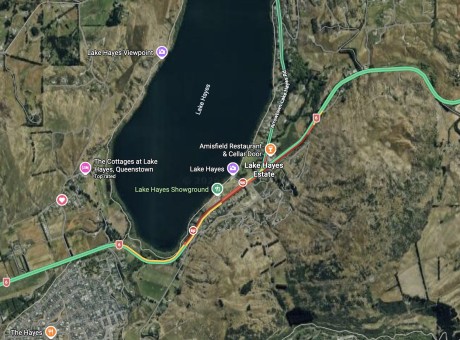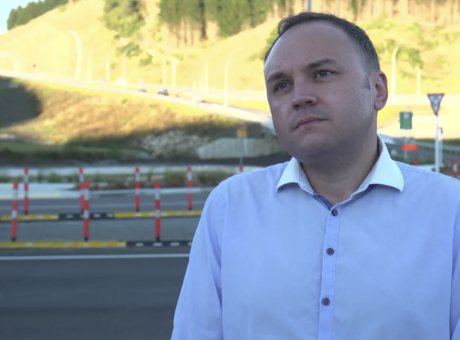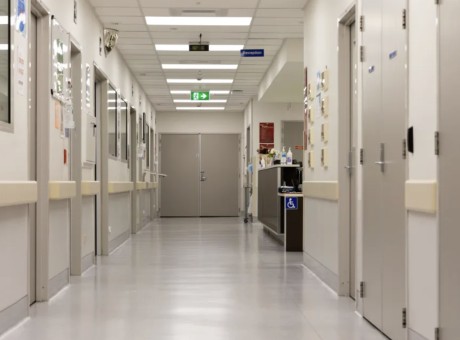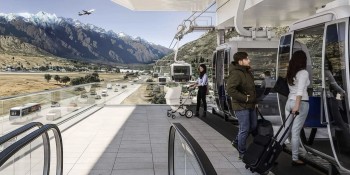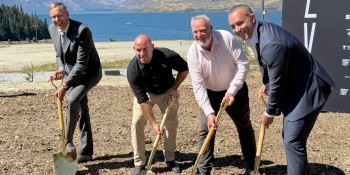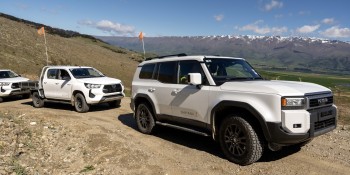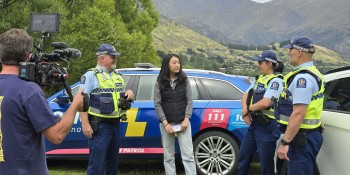Tarras airport's biggest challenge - potential loss of council funding
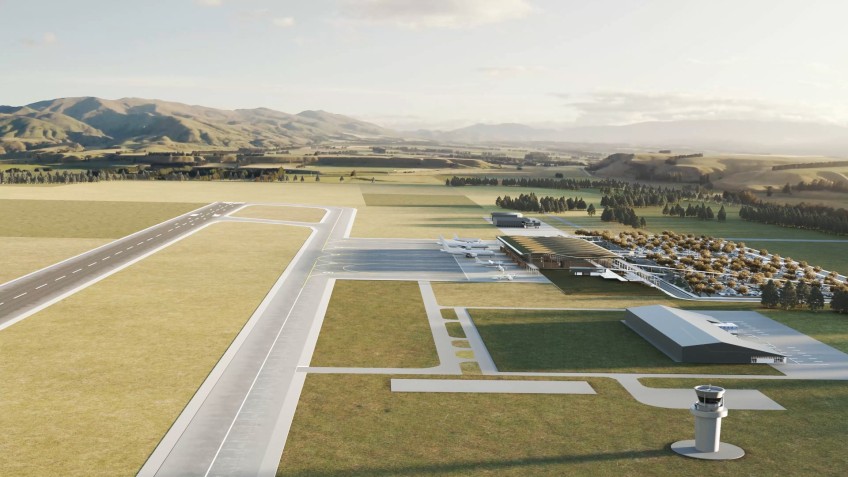
An investigation by BusinessDesk has revealed that Christchurch City Council is coming under increasing pressure to deny funding to the controversial Tarras airport project. The BusinessDesk article claims some of the financial challenges affecting the Tarras project may be "insurmountable."
The BusinessDesk findings are based on a wide ranging interview with Abby Foote who is chair of Christcurch City Holdings Ltd, (CCHL) the commercial arm of the council.
CCHL controls assets worth more than $5 billion. It owns 100% of four trading companies, including Lyttelton Port Company (LPC), and owns the majority of shares in two others: Christchurch International Airport (CIAL) and lines company Orion.
Abby Foote told BusinessDesk, “Ratepayers in Christchurch have already faced some of the steepest rates increases in the country, and a strong, stable dividend flow from subsidiary companies is needed to offset rates pressure.”
In the interview Foote said CCHL needed to start paying down its debt, as rising interest rates had made it more costly to carry. The high debt position also meant CCHL was limited in its ability to pay out cash to the council in the event of an emergency – after the earthquakes, for instance, the council requested CCHL take on $440m in debt to help with recovery efforts.
“God forbid we have another earthquake,” Foote said. “We don’t have cash for that. We don’t have much flexibility to do either new things or deal with unexpected shocks.”
The most significant example of a new Christchurch capital project is the proposal from CIAL to invest in a new airport in Tarras.
The airport, which has spent at least $50m acquiring land to futureproof the option, has been working through the validation and planning stages of the project and has yet to make a final investment decision.
Asked what the council vote meant for Tarras, Foote said the project clearly fell into the category where there would be increased competition for capital, and, being greenfields, it carried a lot of risks.
“Therefore, it’s got to produce a return that’s commensurate with that risk,” she said.
There was still the potential that a business case could stack up the economic case, but the question for CCHL, then, was: “Even if it meets those hurdles, is that where we want to put the cash that we might have available in the group?”
Foote said. “And there’s obviously political aspects.”





